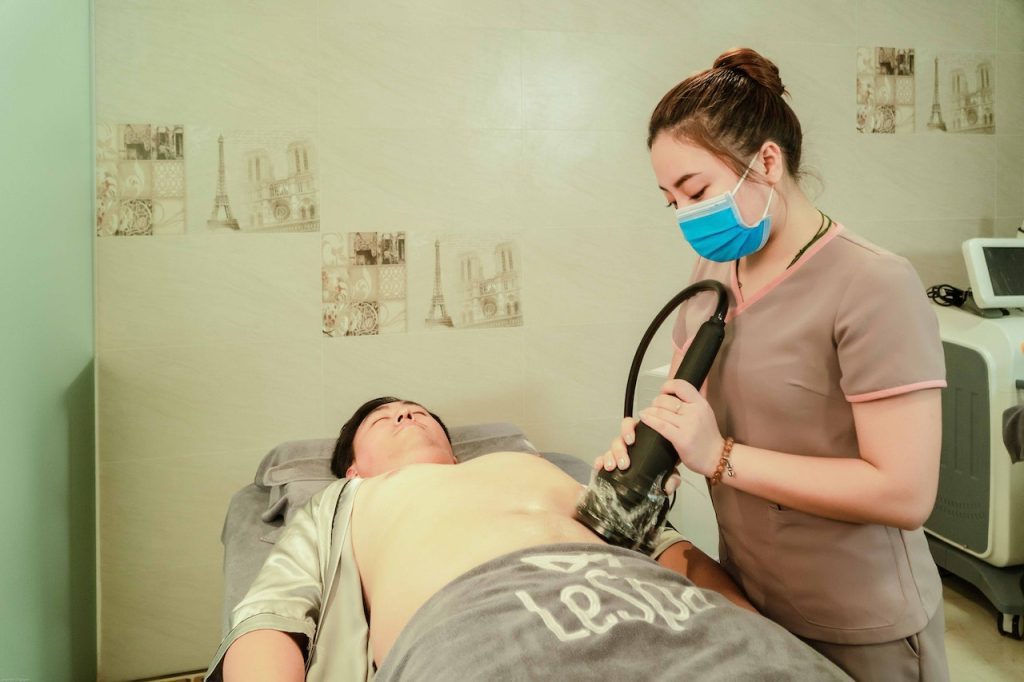The importance of oncology and immuno-oncology clinical trials can be defined in several ways. One significant area of discussion is whether cancers respond to immunotherapy and how long they do. Another consideration is the safety of immunotherapy in the long run. Weighing these two considerations, in addition to the benefits of immunotherapy, can help in making decisions. Immuno-oncology, or IO, is treating cancer patients using their immune cells. The benefits of this type of therapy include reduced side effects, enhanced survival, and the potential for a cure. This treatment can also be used with other modalities, such as radiation with immune-modulating agents and CAR T cell therapy.
Weighing benefits against adverse outcomes
Choosing an oncology and immuno-oncology clinical trial is an important decision that should be cautiously made. Many factors can be considered, including the likelihood of a positive outcome, the patient’s preference for treatment, and the cost of the drug. Fortunately, there are several ways to make the decision a little less daunting. For example, a randomized controlled trial can be the best way to determine which treatments will work for you. Using this information to your advantage can improve the odds of success. Similarly, access to supportive care therapies can also help reduce the downsides of conventional treatment. While these are not a cure for cancer, they can reduce the symptoms associated with chemotherapy and other forms of traditional therapy.
Ultimately, it is up to the clinician to weigh the decision between chemotherapy, immunotherapy, or a combination of the two. It is a good idea to consider the opinions of various stakeholders. If the goal is to reduce the chances of recurrence, a well-chosen combination of these treatments can go a long way toward achieving that objective. The best part is that most of these treatments have been around for decades, making them well-established and trusted. A multi-pronged approach, in which both a conventional treatment regimen and supportive care are included in the same trial, is the way to go. This will not only keep you out of the hospital, but it may also keep your cancer at bay. Several immuno-oncology therapies for hepatocellular, Merkel cell and gastrointestinal cancers have been approved.
CAR T cell therapy
CAR T cell therapy is an advanced medical treatment that helps patients with cancer. The cells target and kill the cancer cells in a process called immunotherapy. They attach to the cancer cell’s antigen, a protein on its surface. It acts like anti-virus software on a computer. Before CAR T cell therapy, chemotherapy is often given to prepare the body for the new immune cells. Chemotherapy lowers the number of immune cells in the body and creates space for the CAR T cells. After a few weeks of treatment, the new cells start circulating in the bloodstream. CAR T cells are designed to kill rapidly dividing cancerous B cells. Some people can receive treatment in a hospital or outpatient clinic. Others may have to stay in the hospital for several days. There are many different types of immunotherapy available. Many of these are used to treat patients with various types of cancer, including leukemia, lymphoma, and multiple myeloma. These treatments are often used to combat tumors resistant to standard chemotherapy.
Adjuvants
Vaccine adjuvants play an essential role in activating the immune system. They are the critical components of modern-day vaccines. However, they are only sometimes practical. Some have caused severe immunological toxicity. For that reason, a detailed review of the safety and efficacy of these agents is essential. The development of adjuvants to improve cancer immunotherapy requires substantial basic research. To this end, scientists have developed a variety of compounds as agonists for different pathways. These ligands can be sourced from pathogens or other sources. Currently, they can be used to activate innate or adaptive immunity. Depending on the receptors involved, they can also increase cytokine release. Therapeutic cancer vaccines use patient-specific tumor antigens to stimulate the immune system. They are designed to inhibit the growth of metastatic tumors. In addition, they have been used to prevent HPV-related cancers. Many adjuvant therapeutic cancer vaccines are currently being evaluated in clinical trials. Adjuvants have been shown to enhance the effectiveness of various immunotherapeutic protocols. While the primary focus remains on improving cellular immunity, it is becoming increasingly clear that combination adjuvants help stimulate the immune response against cancer.
Combination with other therapeutic modalities
Combination with other therapeutic modalities of immuno-oncology patients is a relatively new approach that has gained significant popularity in recent years. This treatment aims to harness the immune system’s ability to destroy cancerous cells. Cancer cells get around the body’s immune system by evading its attack through immunosuppressive cytokines and inhibitory proteins. Traditional cancer therapies have included radiation therapy, surgery, and chemotherapy. However, these treatments have evolved to become more effective and less toxic. In the last three years, a plethora of clinical data indicates the potential for combination with other therapeutic modalities of immuno-oncology. These treatments target signaling pathways, decrease immunosuppression, and increase the durability of anti-cancer responses. Many immunotherapeutic modalities are currently in the pipeline for FDA approval. These include checkpoint inhibitor monoclonal antibodies against programmed death ligand 1, gp100 peptide vaccines, and synthetic peptides. Despite the success of these agents, toxicity remains a significant concern. As immunotherapy moves into a more advanced stage of development, there are several challenges to implementing personalized combinatory therapies. Among them are the need to develop appropriate toxicity profiles, optimal doses, and timing.




Leave a Reply
You must be logged in to post a comment.